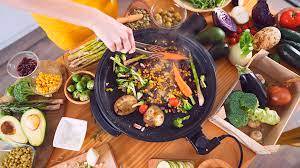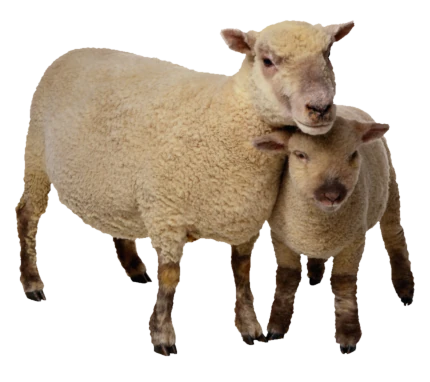Going vegan can be a healthy way to lose weight and build muscle if you plan your meals wisely.
You can meet your weight loss and muscle-building goals on a vegan diet with the right plant-based foods and supplements.
Here is the ultimate guide to meal planning for vegans who want to lose fat and gain lean muscle mass.
Choose Nutrient-Dense Whole Foods
The key to any healthy vegan diet is focusing on whole, minimally processed foods that are rich in nutrients. Fill your plate with vegetables, fruits, whole grains, beans, lentils, nuts and seeds. These foods provide protein, complex carbs, healthy fats, and tons of vitamins, minerals, and antioxidants. Avoid relying too heavily on vegan convenience foods, which tend to be higher in sodium, sugar, and unhealthy fats.
Some great nutrient-dense foods for vegans include:
- Leafy greens like spinach, kale and collard greens
- Whole grains like brown rice, quinoa, oats, and whole wheat bread
- Legumes like chickpeas, black beans and lentils
- Nuts and seeds like almonds, walnuts, chia seeds and flaxseeds
- Avocados and olives for healthy fats
- Fruits like berries, apples, bananas and citrus fruits
Follow a High Protein Diet
Getting enough protein is crucial when trying to build lean muscle mass. Shoot for 0.5 to 0.8 grams of protein per pound of body weight. This helps repair exercise-induced muscle damage and supports muscle growth.
Great vegan protein sources include:
- Tofu and tempeh
- Lentils, beans, edamame and chickpeas
- Nuts, nut butters, and seeds
- Vegan protein powder supplements
- Seitan and mock meats
Distribute your protein intake throughout the day for optimal muscle protein synthesis. Include some protein in each meal and snack.
Time Your Carb Intake
Carbs help fuel your workouts and aid muscle recovery when eaten around exercise time. For weight loss, focus on getting carbs from high-fiber whole food sources like vegetables, fruits, and whole grains. Limit refined carbs like white bread, cookies, and chips as much as possible.
Here are some tips for carb timing on a vegan diet:
- Eat carbs with fiber and protein at each meal to control blood sugar and hunger
- Have a carb-rich meal 2-3 hours pre-workout, such as oatmeal or a banana
- Enjoy post-workout carbs to replenish glycogen, like sweet potatoes or quinoa
- Limit carbs in the evenings to encourage fat-burning during sleep
Ensure Adequate Calorie Intake
Vegan diets are often higher in nutrients but lower in calories, so be sure you are eating enough to support your goals. Use a TDEE calculator to find your maintenance calories for maintaining weight, then adjust up or down depending on if you want to bulk up or lean down. Shoot for a calorie deficit of 500 per day for steady weight loss or a calorie surplus for weight gain. Apps like MyFitness Pal or Cronometer help track calories.
Supplement Wisely
Some supplements can optimize workout performance and recovery. Look for vegan-friendly options of:
- Protein powder – soy, pea, and hemp proteins are plant-based options formulated with vegans in mind. Use them to make protein smoothies or shakes.
- Creatine – supports strength and muscle gains. Creatine monohydrate powder is vegan.
- Vitamin B12 – crucial for energy levels and neurological functions. Many vegans are deficient, so supplementation is recommended.
- Omega-3s – help reduce inflammation and support muscle recovery. Algae oil supplements provide vegan DHA and EPA omega-3s.
With healthy meal planning, vegans can build muscle and lose fat effectively.
Focus on eating a variety of protein-rich whole foods, properly timing your carb intake, getting adequate calories, and taking supportive supplements.
This comprehensive approach will help you achieve your body composition goals on a plant-based diet.

